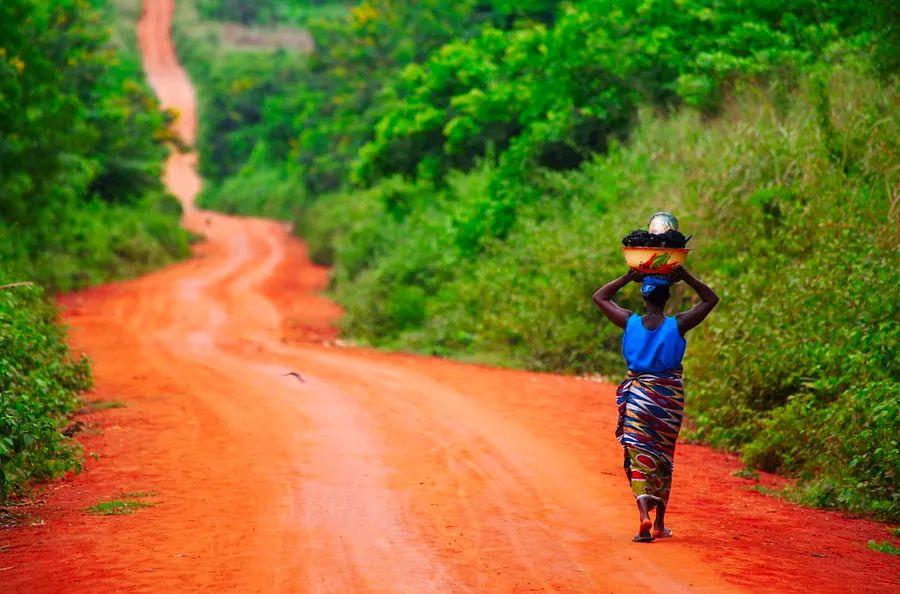Is a visa required to travel to Benin?

Visas play a crucial role in international travel, serving as the physical checkpoints for entering or leaving a nation. Travelers from numerous countries outside Africa will need a visa to visit Benin.
At present, citizens of 55 nations can enter Benin without a visa, most of which are African countries. Those on this list are allowed to stay in the country for up to 90 days as part of mutual visa exemption agreements with various nations.
If you are not from an ECOWAS (Economic Community of West African States) nation or another African country, you will likely need to apply for a visa to enter Benin. However, travelers from Israel, Haiti, and several East and Southeast Asian nations are allowed short visa-free visits to Benin, lasting between 14 to 90 days, depending on their nationality.
All other foreign nationals must obtain a transit, tourist, or business visa to visit Benin. It's advisable to apply well in advance—ideally one to two months ahead of your trip. Currently, there are no nationalities barred from obtaining a visa for Benin. If you plan to visit Benin along with other African nations, ensure you arrange your visas beforehand or verify if you can secure a visa on arrival for your intended destinations.
 Exploring Benin offers a wealth of adventure © Anton_Ivanov / Shutterstock
Exploring Benin offers a wealth of adventure © Anton_Ivanov / ShutterstockVisitor visas for Benin
Visitor visas for Benin encompass 30-day single-entry, 30-day multiple-entry, and 90-day multiple-entry options. If you're visiting Benin for a short duration, it's advisable to opt for a 30-day multiple-entry visa in case you wish to explore neighboring countries like Nigeria, Ghana, or Togo.
The simplest approach is to visit the Benin e-visa website, which is available to citizens of 140 countries, including most nations from Europe, Asia, and the Americas. You can obtain an e-visa for transit, tourism, or business purposes; please refer to the e-visa site for additional details.
Applying through the website saves you from waiting in line at a Beninese embassy or consulate. However, if the e-visa site doesn't address your questions, it's advisable to reach out to the Beninese embassy that serves your country of residence.
Travelers from Europe and the UK should get in touch with the Embassy of Benin in Paris, while those from the United States and North America should contact the Embassy of Benin in Washington, DC.
Different types of visas for Benin
If you wish to stay in Benin for more than 90 days or require a work, student, or resident visa, you will need to apply at the nearest Beninese diplomatic mission or the one responsible for your country.
 Travelers to Benin can look forward to a warm reception © Anton_Ivanov / Shutterstock
Travelers to Benin can look forward to a warm reception © Anton_Ivanov / ShutterstockVisa fees for Benin
The price of your visa varies based on your nationality and the region from which you are applying. As a rough estimate, fees are approximately US$60 for a 30-day single-entry visa, around US$85 for a 30-day multiple-entry visa, and about US$110 for a 90-day multiple-entry visa.
To obtain a visa, your passport must be valid for at least six months from your application date. If you plan to visit Togo as well, your passport should have a minimum of one year of validity remaining. Additionally, you'll need a yellow fever vaccination certificate and at least two blank pages in your passport (a requirement for all African countries). Passport photos are required for in-person applications.
You must also submit your arrival and departure flight details (the arrival date you provide will mark the beginning of your visa) and the address of the hotel where you’ll stay on your first night. For further information about visas for Benin, begin by reviewing the guidance on the official government e-visa website.
A yellow fever vaccination certificate is mandatory
All travelers to Benin must possess a yellow fever vaccination certificate to demonstrate their immunization against the disease. You'll need to submit this proof when applying for your visa. If you don’t already have a certificate, ensure you get vaccinated well ahead of time, as the vaccine requires at least 10 days to become effective. Yellow fever vaccination is also compulsory for several other African countries and certain regions in Asia.

1

2

3

4

5
Evaluation :
5/5